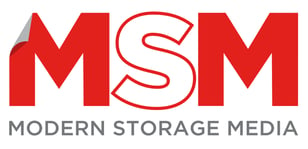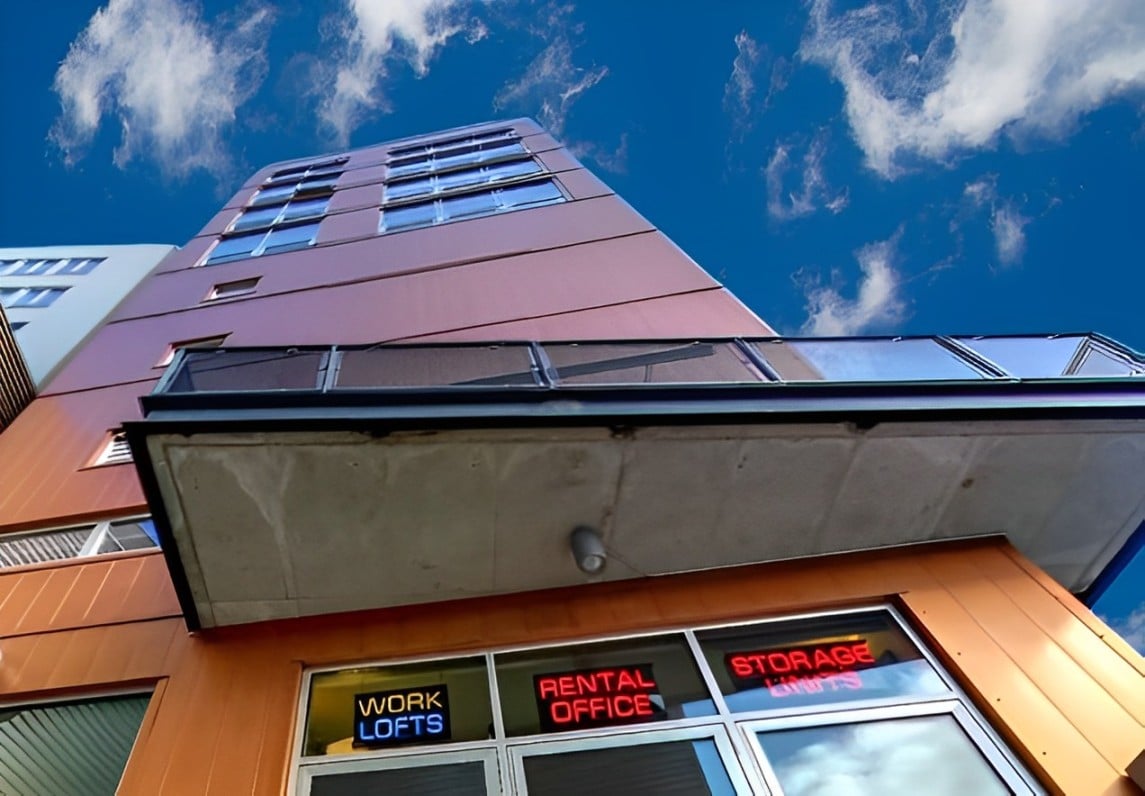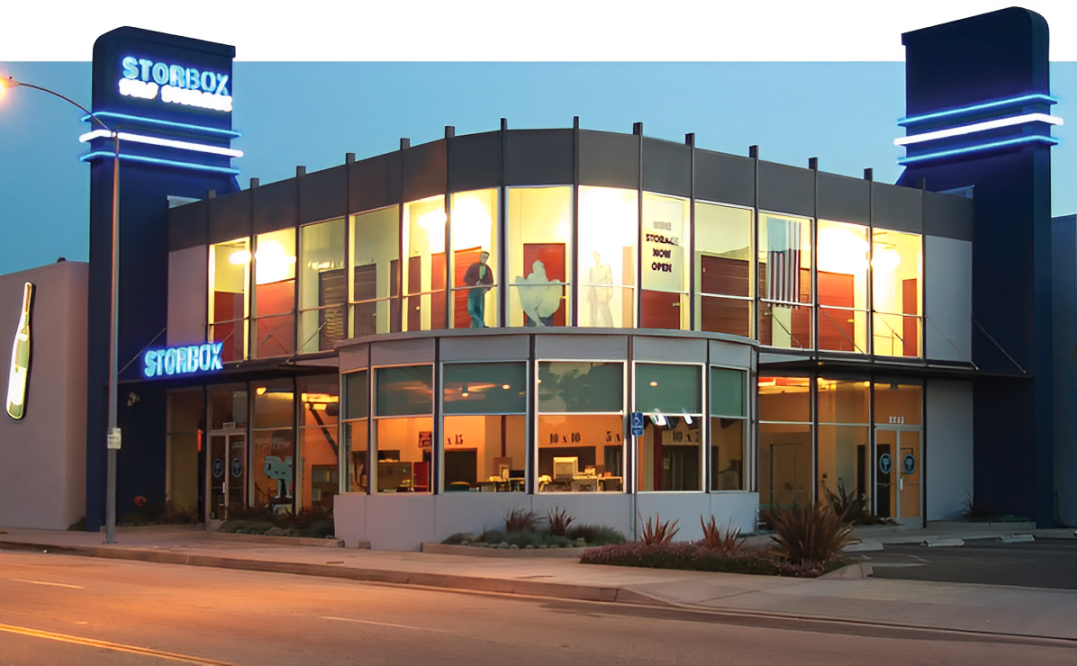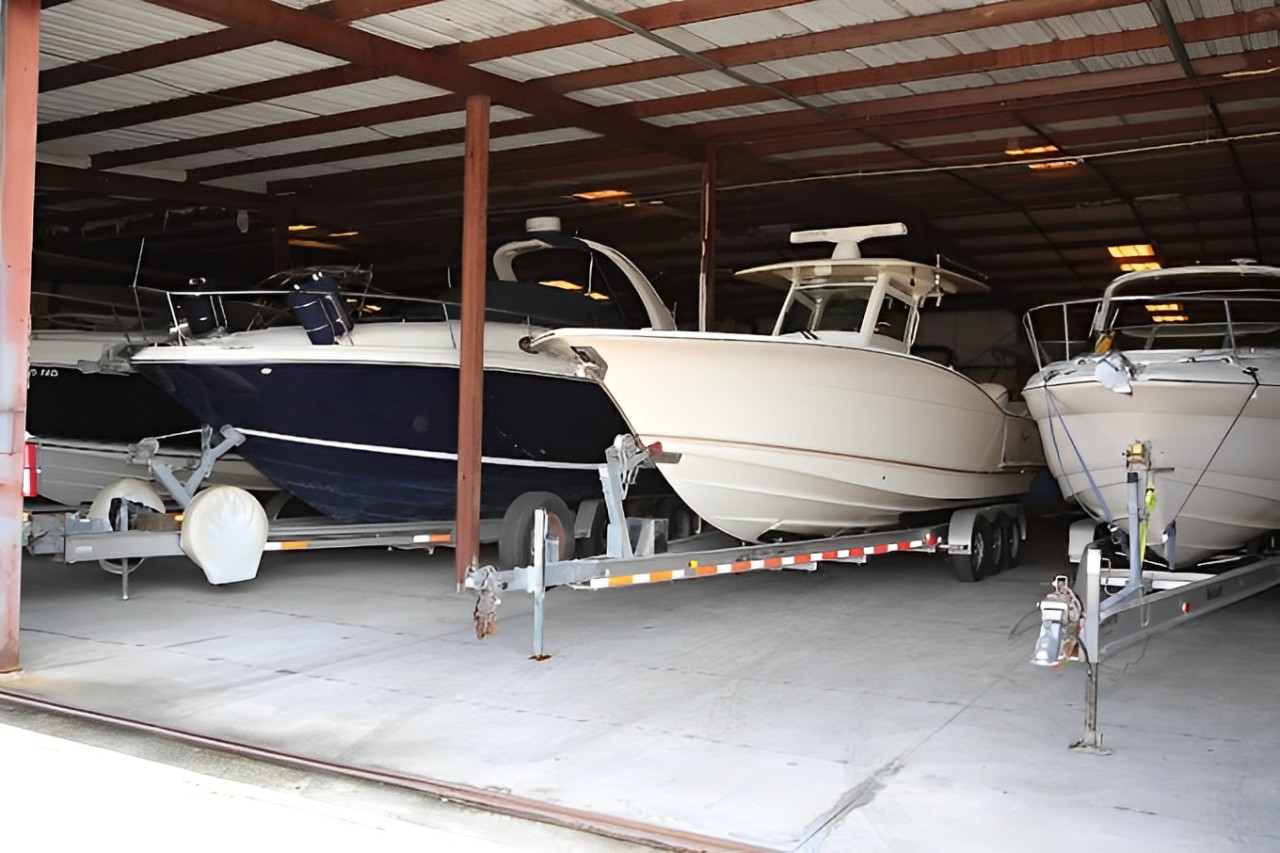The Importance of a Good Business Owner’s Policy
Recovering from a financial loss arising from a lawsuit or property damage can make it difficult for business owners to find the financial resources to get back up and running as quickly as possible. Fortunately, insurance can help mitigate risks by providing the necessary funds should a loss occur. But with all the options available, it’s not always clear what type of coverage to select.
When considering insurance, a business owner’s policy (BOP) can be a good choice because it covers a range of exposures with a single policy. Here, we’ll help you better understand what a BOP is, the associated benefits and features, and what you should look for when selecting the right coverage for your business.
The Advantages of a BOP
You already know the importance of having the right general liability (GL) insurance to help cover costs arising from claims of bodily injury and property damage to others that are made against your business. What you may not know is that your GL insurance policy isn’t all-inclusive and doesn’t provide protection for losses associated with business personal property and other critical coverages.
For businesses that need both liability and property insurance, a BOP can be a better option compared with stand-alone coverages or a larger commercial package policy (CPP), and is often the ideal choice for smaller operations. The three key benefits provided by a BOP are:
- Convenience. A BOP packages property and liability coverages together into a single policy. Having just one policy helps simplify the insurance process with a single premium billing and can make it easier to make policy changes and file a claim.
- Cost-effectiveness. Going with a larger CPP can mean paying a higher premium for coverages you don’t necessarily need. And while buying stand-alone coverages can be an option, having to purchase several lines of insurance individually generally isn’t as affordable as a single BOP.
- Customized coverage. BOPs are flexible in that they can be customized for particular industries and business types, and coverage can be modified to meet specific needs.
Take Note!
Types of businesses that may benefit from a BOP insurance policy:
• Self-storage facilities• Offices
• Retail stores
• Apartment buildings
• Consumer services
• Janitorial operations
• Consultants
• Nonprofit organizations
• Small manufacturers
• Wholesalers
• Finance and accounting
• Health care
• Real estate
• Restaurants
Breaking Down BOP Coverages
Before purchasing any insurance policy, it’s important to understand exactly what is and isn’t covered. When considering a BOP, you’ll learn that a standard policy includes three specific core insurance coverages — property, liability, and business interruption. Here are the basics:
- Property. Provides protection against losses from theft or damage to property a business owns, leases, or rents, including buildings, equipment, inventory, furniture, and fixtures, as well as coverage for loss of accounts receivable and valuable papers and records. Most BOPs also cover business-owned items and items owned by a third party but kept temporarily in the care, custody, or control of the business or business owner.
- General liability. Covers a business’s legal responsibility for the harm it may cause to others (bodily injury and property damage) as a result of errors made in the course of doing business. This includes costs related to litigation and court judgments if a customer or other third party files suit against a business or its employees.
- Business interruption. Helps replace a business’s lost net income that it would have normally earned should an event cause a temporary shutdown. Coverage provides necessary funds that allow a business to continue to meet its financial obligations (such as rent or payroll) when a covered loss suspends operations.
A BOP won’t cover every risk associated with running your business, which is why it is important to have an insurance professional review your business needs to identify your potential risk exposures and recommend options for mitigating them. Often, this may include having to purchase additional lines of insurance, including coverages for:
- Commercial auto. Company vehicles aren’t generally included in the business property portion of a BOP and should be covered separately under a commercial auto policy.
- Professional liability. If your business provides professional services, an errors and omissions policy helps protect you and your company if a customer holds you responsible for financial harm due to mistakes your business caused or for a service it failed to perform.
- Cyber liability. This provides protection for financial losses resulting from data breaches and other cybercrime-related events. First-party coverage covers losses sustained by your business directly, while third-party coverage applies to damages or settlements resulting from covered claims. Most BOPs provide coverage for both types of risks.
- Health, life, and disability insurance for employees. Your business may require Employer-sponsored insurance benefits that you provide to additional coverages not employees are not offered under a BOP.
- Workers’ compensation. Today, the majority of states require businesses to provide workers’ compensation coverage to employees, providing wage replacement and medical benefits to workers who are injured in the course of employment.
- Product liability. For businesses that manufacture or distribute products to the public, product liability provides protection against legal costs should the company be held responsible for a bodily injury or property damage to a third party caused by a product.
- Employment practices liability. This protects your business against accusations surrounding wrongful termination, discrimination, or sexual harassment.
- Equipment breakdown. This covers the cost to repair or replace damaged equipment that is necessary to keep your business running, including time and labor. Depending on the policy, coverage can include boilers and machinery, air conditioning/heating units, and computer systems.
- Liquor liability. This protects a business that manufactures, sells, or serves alcoholic beverages against damages and legal costs associated with alcohol-related claims.
Take Note!
Your business may require additional coverages not typically included in a BOP. Be sure to discuss all business operations with your insurance professional for coverage options that may be available to you. When considering the right business insurance to safeguard your operations, it’s important to:
- Select an insurer that understands your business and industry. You wouldn’t hire a plumber to fix your roof, so make sure the company you choose to write your insurance has the industry expertise needed to identify your business’s potential risk exposures and can customize an insurance program that meets your specific needs.
- Know the value of your business. Help your insurance company select the right coverage and limits for your business by taking an inventory of the type of property that must be insured under your policy including the value of assets.
- Review your coverage every year. It’s not unusual for businesses to grow and make changes to operations. To make sure your coverage continues to remain up to date and to avoid a future loss, evaluate your insurance coverage at least once a year.
- Understand possible compliance requirements. If your business or the products and services it provides involves specialized risks, be sure to review issues of concern with your insurer. Keep in mind that individual state insurance requirements for businesses may also be a factor when selecting your coverage.
Helping You Select the Right Coverage for Your Business
All businesses have different insurance needs. When determining your business’s coverage needs under a BOP, an insurance professional can help you:
- Identify and evaluate risks associated with your individual operations and processes
- Determine the value of your business to select the most appropriate limits
- Identify what additional coverages (if any) should be endorsed onto your policy for additional protection
- Establish the most appropriate deductibles
Insurance is a vital tool in helping businesses manage losses arising from unplanned or unforeseen events. By evaluating and understanding the unique risks to your business, you can better determine which type of policy is right for you. This includes working with an experienced insurance professional who is familiar with risks associated with your particular industry and business operations.
—
Kathryn Messer, CPCU, LUTC, CFU, CIC, is a journalist focused on the insurance, financial, and retail banking industries and the owner of KMC Communications. She has over 23 years of experience in the insurance and finance industries.
More Content
Popular Posts
The self storage industry is in a precarious...
The REITs new pricing strategy – lowering...
With the approval of both companies’...
Recent Posts
Ramey Jackson is the CEO of Janus...
Imagine preparing to move and needing to...
Owning or managing a self-storage facility...
Helen Keller is quoted as saying, “Alone we...
It’s often been said that “opportunity is...
There’s a saying in Florida that there are...
The landscape of the self-storage industry...














